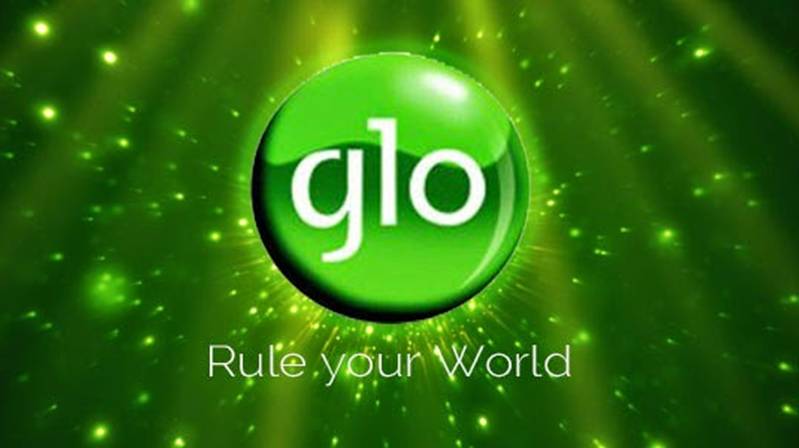Whereas the leadership of the National Identity Management Commission (NIMC) and the telecommunications operators are strategizing on how to ensure smooth transition of processes towards the January 1, 2019 deadline for the mandatory use of the National Identification Number (NIN) in the country, data economists have picked holes on the deadline.
It would be recalled that the Director-General of NIMC, Engr Aliyu Aziz, recently held talks with the executives of the Association of Licensed Telecom Operators of Nigeria (ALTON), on how to deepen synergy to achieve the deadline as part of completing the ongoing harmonization of biometric data colonies into one central system.
In an interview, a data scientist and public affairs analysts, Dr. Henry Itodo explained to Business Hilights that “Having a central biometric data system for the country remains a key infrastructure that will assist development planning and national security, but the way and manner the agency, NIMC is almost silent on persuasive issues that will help drive, encourage Nigerians to go for their NIN is a suspect”.
“I think before now, the agency would have been raising continuous awareness with a strong nationwide advocacy. This will be running side by side with enlightenment campaigns and opening up of registration centres here and there.
Dr Itodo added that “If the agency does not have the needed budget to raise the needed awareness on the need to get registered ahead of the New Year deadline, it will amount to many Nigerians suffering the punishment of not being captured for what they did not cause.”
“I have read in many newspapers and even o TV that operators of Business Centres have hijacked the process; Why, because NIMC failed to do the needful by opening more registration centres and most importantly, powering the centres so that they will not run out of electricity to power their devices and network,” Dr Itodo averred.
Speaking against the background of the apparent takeover of the NIN registration by Business Centres, another expert and Human Right activist, Ms Maria Adejumo, decried the how the agency apparently abandoned the NIMC official duties capturing and registering citizens to Business Centres at a fee for what should be free.

According to him, “I leave and work in Lagos. I have not done mine because whenever I go to a NIMC designated centre, they will either tell me that there is no electricity for powering the system or they don’t have internet”.
“NIMC should partner with streets and community leaderships to work out a seamless way to register as many Nigerians freely as much. Not everybody can deep hands into the pocket and pay N500 or N1,000 which many Business Centres charge registrants,” Ms Adejumo advised.
On the importance of partnering with ALTON, NIMC boss noted that “The Digital Identity Ecosystem is a sustainable scheme where any of the data collecting Government agencies or licensed private agency can enroll and capture data from citizens and legal residents and send to the NIMC backend.”
According to Aziz, “The MNOs in Nigeria are already undertaking data capture subscribers’ information including biometrics for any SIM to be active. This information is sent to a central database managed by NCC.
He explained further to the chairman of ALTON that “The NCC being a stakeholder in the identity ecosystem is required by the NIMC Act and Regulation, to ensure the use of the NIN for access to services including SIM utilisation. Of course, NCC is a key partner in the national identity harmonisation process, and was one of the earliest government agencies to handover to NIMC data available to it from SIM registration for warehousing by NIMC in the National Identity Database,” NIMC DG stressed.

On the NIN registration deadline, Engr Aziz made it clear that “Some people have the wrong impression that by January 1, 2019, by mandatory use of the NIN means everyone in Nigeria must have the NIN. This is not correct. Rather, what it means is that to access any services as specified under Section 27 (1) of the NIMC Act 2007, a person must have the NIN; where one does not have it, any government agency or private sector operator to be licensed by NIMC offering such services that fall under the mandatory use of the NIN, must immediately enroll the person and generate the NIN under the Digital Identity Ecosystem I explained earlier,” he stated.
Section 27 – (1) of the NIMC Act 2007 states: “As from the date specified in that regard in regulation made by the Commission, the National Identity Number issued to a registered individual must be presented for the following transactions, that is: application for, and issuance of a passport; opening of individual and/or personal bank accounts; purchase of insurance policies; subject to the provisions of the Land Use Act, the purchase, transfer and registration of land by any individual or any transaction connected therewith; such transactions pertaining to individuals as may be prescribed and regulated by the Pension Reform Act, 2004; such transactions specified under the Contributory Health Insurance Scheme; such transactions that have social security implications; all consumer credit transactions; registration of voters and payment of taxes;
He recalled that Section 27 (2) of the Act states: “Any authority or organisation to which a person applies to carry out any transaction listed under sub section (1) of this section shall request such person to produce his Multipurpose Identity Card or National Identification Number,” to argue that NIN remains a critical factor in national development planning and progress.









